Torture’s Poet Laureate
A recently declassified memo shines the spotlight once again on John "Take Them to the Point of Death" Yoo, a UC Berkeley law professor and once deputy legal counsel in the Justice Department.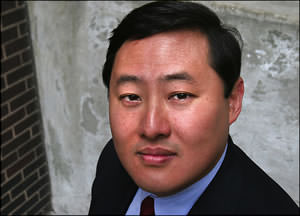
John “Take Them to the Point of Death” Yoo, a UC Berkeley law professor and once deputy legal counsel in the Justice Department, has again become the center of attention in the torture debate. A 2003 memo authored by this poet laureate of torture was declassified and released to the public Tuesday.
In it Yoo asserts immunity for military interrogators from federal laws prohibiting “assault, maiming, and other crimes.” This legal stance, which more or less permits all forms of torture against alleged terrorists save those leading to the comically redundant list of “death, organ failure or permanent damage resulting in a loss of significant body functions,” was also argued by Yoo in 2002 to apply to CIA interrogators.
Both The New York Times and The Washington Post have posted articles about the memo, with the Post providing a link to the actual declassified document.
Reproduced below is the introductory section of the 40-page Yoo memo.
March 14, 2003
Memorandum for William J. Haynes II, General Counsel of the Department of Defense
Re: Military Interrogation of Alien Unlawful Combatants Held Outside the United States
You have asked our Office to examine the legal standards governing military interrogations of alien unlawful combatants held outside the United States. You have requested that we examine both domestic and international law that might be applicable to the conduct of those interrogations.
In Part I, we conclude that the Fifth and Eighth Amendments, as interpreted by the Supreme Court, do not extend to alien enemy combatants held abroad. In Part II, we examine federal criminal law. We explain that several canons of construction apply here. Those canons of construction indicate that federal criminal laws of general applicability do not apply to properly authorized interrogations of enemy combatants, undertaken by military personnel in the course of an armed conflict. Such criminal statutes, if they were misconstrued to apply to the interrogation of enemy combatants, would conflict with the Constitution’s grant of the Commander in Chief power solely to the President.
Your support matters…Independent journalism is under threat and overshadowed by heavily funded mainstream media.
You can help level the playing field. Become a member.
Your tax-deductible contribution keeps us digging beneath the headlines to give you thought-provoking, investigative reporting and analysis that unearths what's really happening- without compromise.
Give today to support our courageous, independent journalists.

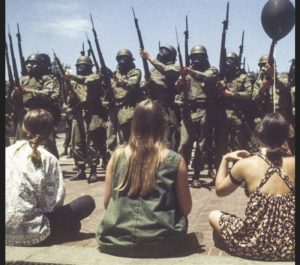
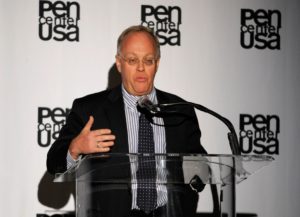

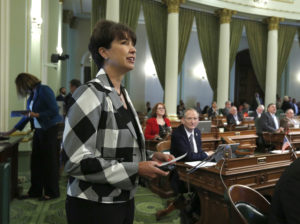
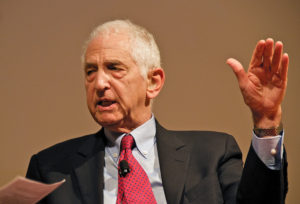



You need to be a supporter to comment.
There are currently no responses to this article.
Be the first to respond.